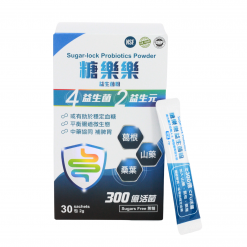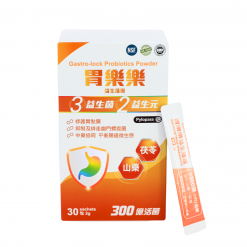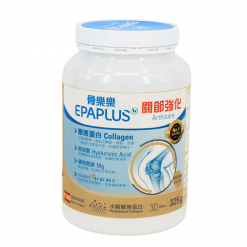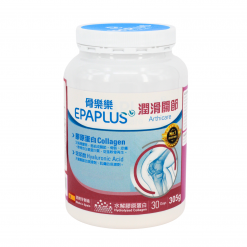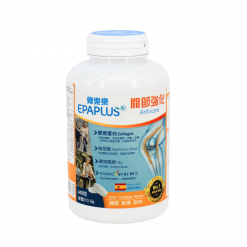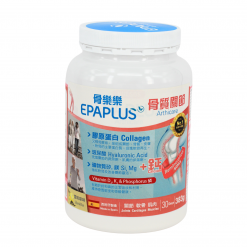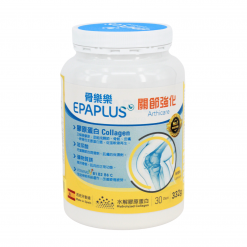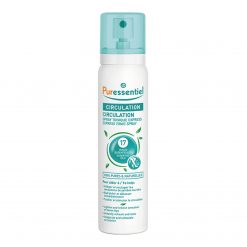- Home
- How to keep joints flexible
When do you need to pay attention to joint problems?
- Persistent pain: If you experience persistent pain in your joints, especially during activity or weight-bearing, this may be a sign of a joint problem. For example, arthritis can cause joint pain and stiffness.
- Swelling and redness: Swelling and redness around joints may be symptoms of arthritis or other inflammatory diseases. This condition is often accompanied by pain and functional impairment.
- Joint Stiffness: If your joints feel stiff at rest or stationary and take a while to move, this may be a warning sign of a joint problem. Feeling stiff in your joints when you wake up in the morning is often a common symptom of arthritis.
- Limited movement: If you find that your joint range of motion is limited, such as being unable to fully bend or extend, this may be a sign of a joint problem.
- Joint instability: If your joints feel unstable or dislocate easily, it may be a problem with the joint structure or supporting structures. This situation may require special attention to avoid further damage.
- Fatigue and weakness: If your joints feel tired and weak and even light activities feel difficult, this may be a symptom of a muscle or joint problem.
- If you notice these signs of joint problems, it is recommended to consult a doctor or professional healthcare provider for evaluation and diagnosis. They can further evaluate and provide appropriate treatment recommendations based on your symptoms and circumstances.

Diet to Keep Joints Flexible
Diet plays an important role in keeping joints flexible and healthy. Here are some suggested dietary aspects:
- Foods rich in anti-inflammatory ingredients: Help reduce arthritis and joint pain. Vegetables (such as leafy greens, carrots, tomatoes), fruits (such as blueberries, oranges, strawberries), nuts and seeds (such as walnuts, flaxseeds), fish (such as salmon, mackerel, sardines), and foods rich in healthy fats (such as olive oil, avocado).
- High-calcium foods: such as dairy products (milk, cheese), beans (tofu, black beans), green leafy vegetables (spinach, kale), nuts and seeds (almonds, sesame seeds), etc.
- Vitamin D: Helps with calcium absorption and utilization, essential for bone and joint health. Vitamin D can be obtained through sun exposure and dietary supplementation. Small food sources include fatty fish, cod liver oil, and egg yolks.
- Omega-3 fatty acids: Reduce arthritis and pain with anti-inflammatory properties. Such as fish (salmon, sardines, mackerel), flax seeds, walnuts and sesame seeds.
- Antioxidants: Reduce damage and degeneration of joint tissue. Including fruits (blueberries, cranberries, cherries), vegetables (spinach, carrots, tomatoes), tea (green tea, white tea), etc.

Daily Habits to Protect Your Joints
- Moderate exercise: Engaging in moderate exercise can promote joint mobility and flexibility. Choosing low-impact exercises, such as swimming, yoga, tai chi, and static stretching, can help keep your joints flexible.
- Maintain the correct weight: Excessive weight puts an extra burden on the joints, which can easily lead to joint pain and stiffness. Maintaining a healthy weight reduces stress on your joints and promotes joint mobility and function.
- Proper rest and relaxation: Give your joints adequate rest time and avoid prolonged repetitive movements or overuse of your joints. At the same time, regular rest and relaxation activities, such as massage, hot or cold compresses, can relieve joint discomfort and promote blood circulation.
- Proper Posture: Maintaining correct posture is important in daily life, especially when sitting or standing for long periods of time. Proper posture helps reduce stress and load on your joints.
- Use assistive devices: If needed, assistive devices such as crutches, canes, or joint supports can be used to reduce the load on the joints and provide additional support.
To prevent joint damage, timely maintenance is required
Collagen is responsible for connecting tissues and is part of joints, skin, bones, muscles, tendons and ligaments. The amount of collagen decreases over time as the body responds to the aging process. This process usually begins around age 30. Genetics also play an important role in joint health. For example, if you have a close relative with joint mobility problems, you may be more susceptible to it as well. In addition to genetic factors, certain bad habits may also accelerate joint degeneration, leading to loss of elasticity and joint mobility, reduced bone density, and premature aging… There is no doubt that a healthy lifestyle is the key to improving joint mobility!
Whether it is early maintenance or joint and bone repair, Epaplus Arthicare is the best companion before, during or after menopause. Epaplus Arthicare is the No. 1 selling collagen powder brand in Spain. The product contains hydrolyzed collagen, hyaluronic acid, hyaluronic acid, magnesium, vitamin C and vitamins B1, B2 and B6 to maintain joint flexibility, lubrication and promote Preservation of cartilage.
- Hydrolyzed Collagen: An essential protein for joints, cartilage, tendons, ligaments, bones and skin.
- Silicon: It promotes bone composition by participating in bone remineralization.
- Calcium: Essential for maintaining bones under normal circumstances.
- Vitamin C: Helps reduce fatigue and tiredness.
- Hyaluronic acid: Benefits for joints include lubricating joints and reducing friction, while also having a shock-absorbing effect, reducing joint burden and pain.
- Vitamins B1, B2 and B6: contribute to energy metabolism, normal nervous system function, reduce fatigue, and promote normal collagen metabolism and cell protection.
No sugar. Lactose free. gluten free. No preservatives.

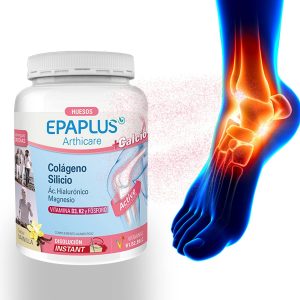


 中文 (中国)
中文 (中国) 中文 (香港)
中文 (香港)